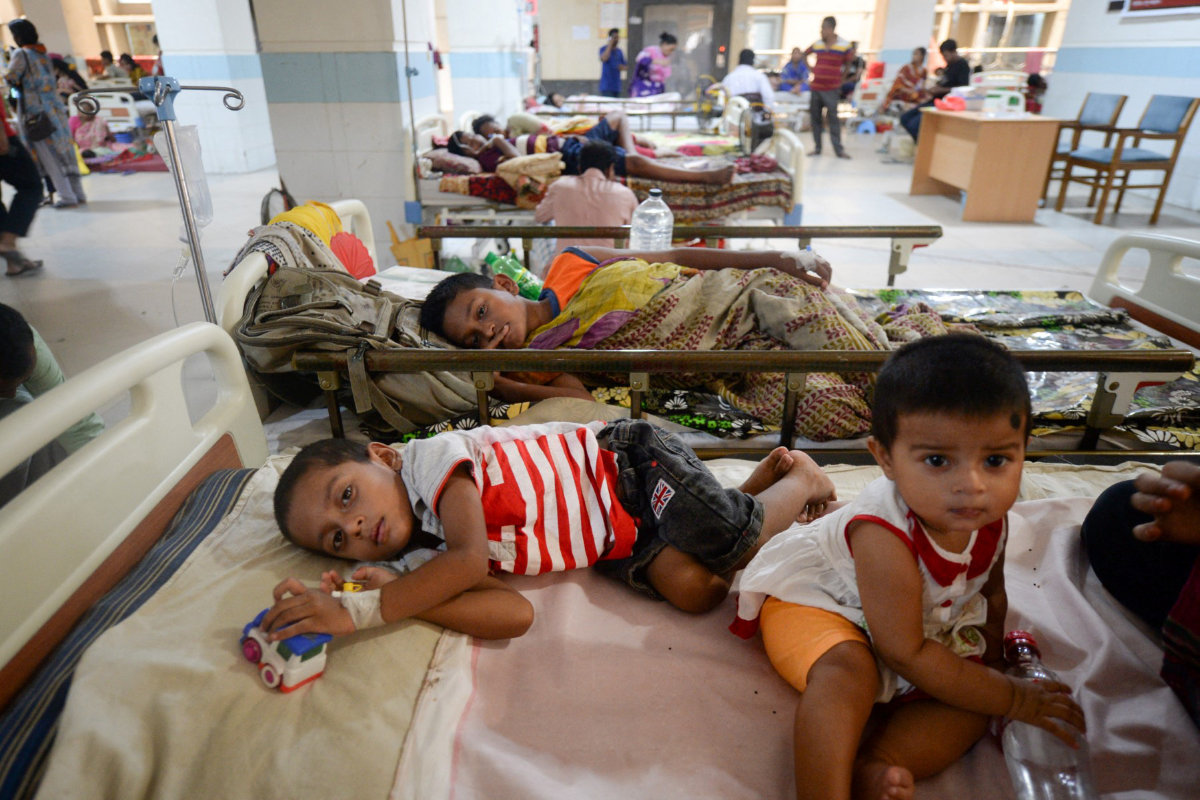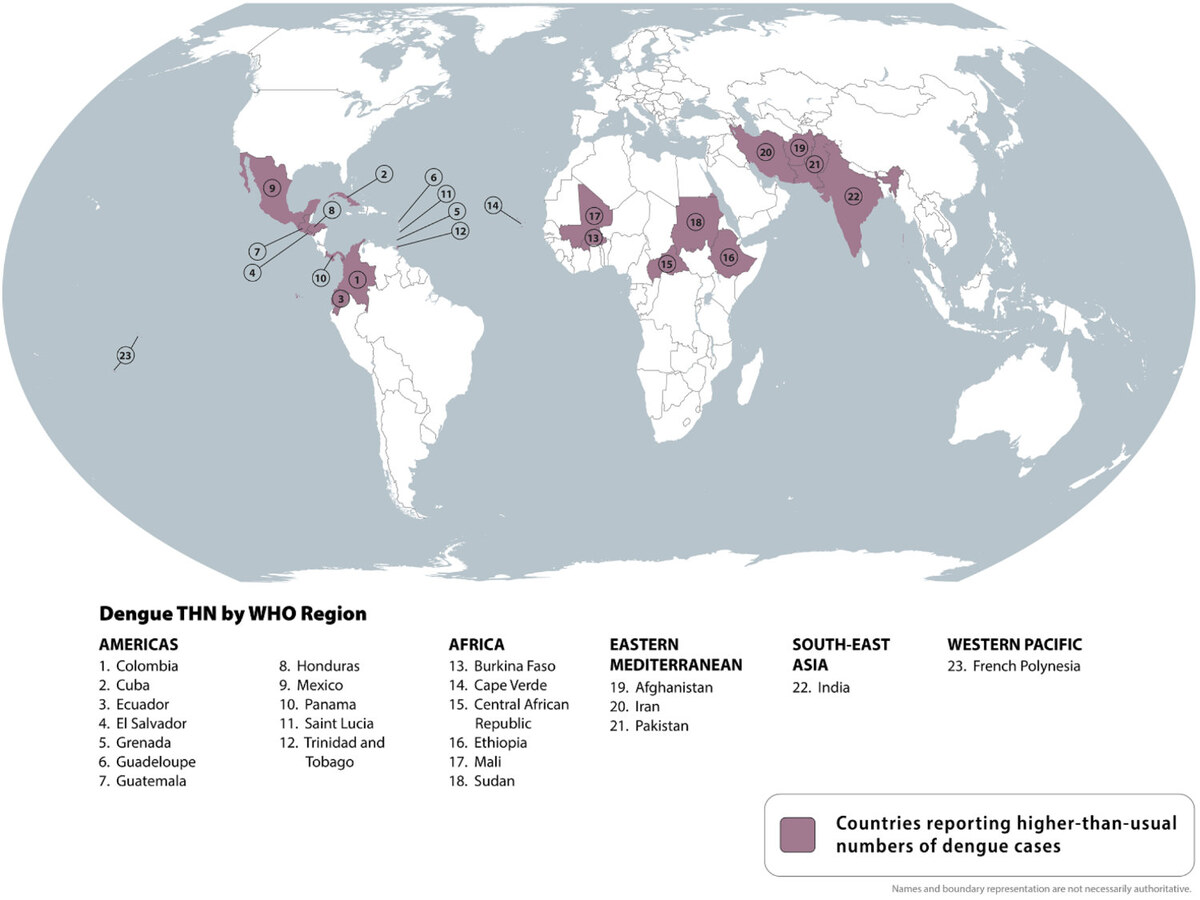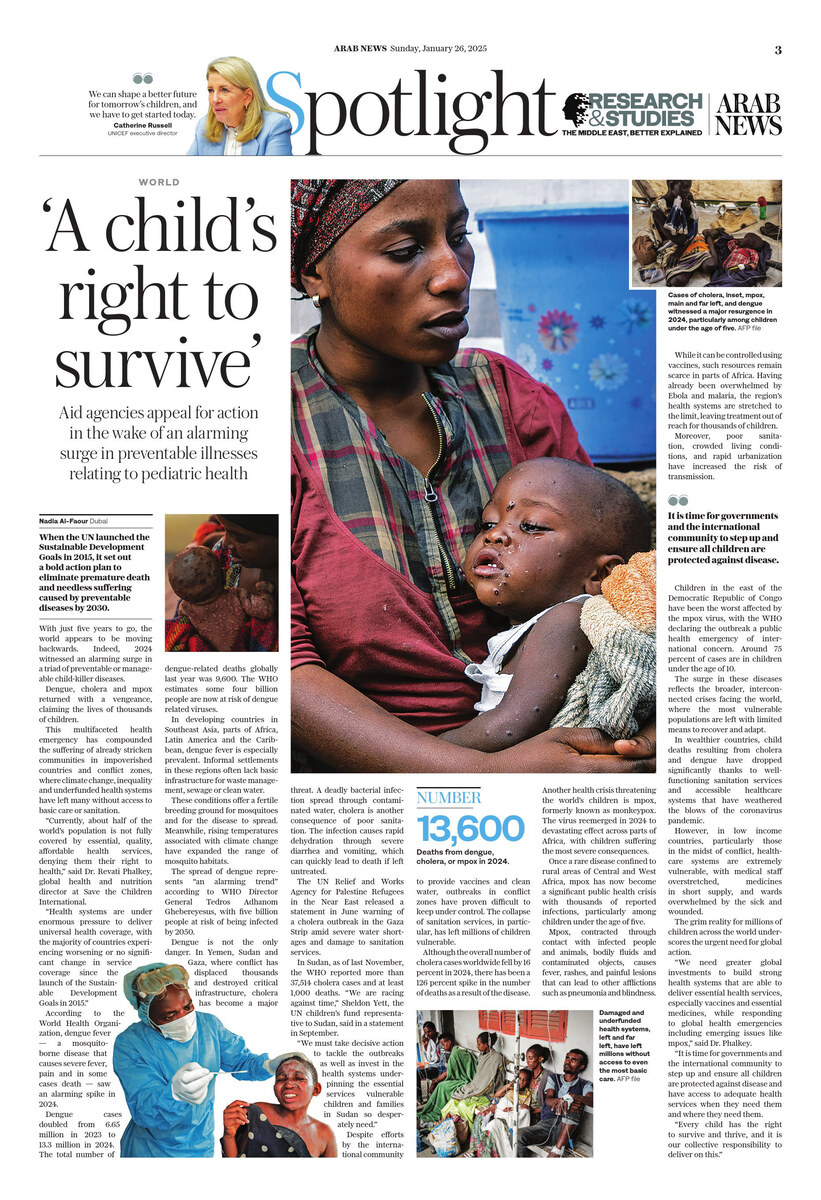WASHINGTON: Donald Trump’s legendary ability to raise massive sums of political cash may be on a collision course with a new and unpleasant reality.
Campaign finance reports released this week flashed bright warning lights, showing two key committees in his political operation raised an anemic $13.8 million in January while collectively spending more than they took in. A major driver of those costs was millions of dollars in legal fees from Trump’s myriad of court cases.
The latest numbers offer only a partial snapshot of the Trump operation’s finances because other branches won’t have to disclose their numbers until April. But Trump’s diminished cashflow nonetheless presents an alarming picture of the overwhelming favorite to be the GOP’s presidential nominee, particularly to would-be donors who aren’t eager to subsidize Trump’s legal challenges.
Despite threats of vengeance by Trump, some are instead backing his last standing rival, former UN Ambassador Nikki Haley, who outraised Trump’s primary campaign committee by nearly $3 million last month.

Republican presidential candidate former UN Ambassador Nikki Haley, center, talks with a young supporter after speaking at a campaign event on Feb. 19, 2024, in Camden, South Carolina. (AP)
In a statement, Trump spokeswoman Karoline Leavitt did not directly address the campaign’s finances.
“President Trump’s campaign is fueled by small-dollar donors across the country from every background who are sick and tired of Crooked Joe Biden’s record-high inflation, wide open border invasion, crime and chaos,” Leavitt said. “Voters don’t want four more years of misery and destruction.”
When asked specifically about the numbers, a Trump spokesman texted a link to a Fox News story published Tuesday, stating that Trump was expected to raise $6 million at a fundraiser held that day.
Legal fees dominated Trump’s January expenditures, amounting to $3.7 million of $15.3 million spent by the two committees. One of the committees, Save America, also held nearly $2 million in unpaid legal debts, the records show.
Save America was bolstered with a cash infusion from a pro-Trump super PAC.
The committee received another $5 million “refund” installment from the super PAC “Make America Great Again Inc.,” which was initially seeded through a $60 million from Save America in the fall of 2022. Instead, Trump campaign officials opted to claw that money back in installments, a running total that has now reached $47 million, records show.
That left Trump’s two committees with $36.6 million in cash on hand compared to Biden’s $132 million stockpile, which he and the Democratic National Committee raised $42 million for in January.
“His endless drama and legal bills will deplete the Republican Party and bring even more electoral losses,” Haley’s communications director, Nachama Soloveichik, said in a statement.
The latest tranche of legal bills comes at a sensitive time, as Trump is orchestrating a takeover of the cash-strapped Republican National Committee, where he plans to install his daughter-in-law, Lara Trump, as the party’s No. 2 official. Some donors and RNC committee members worry that Trump may soon turn to the RNC to help cover his legal bills, too, considering Trump has made claims of legal persecution a pillar of his campaign.
“Every single penny will go to the number one and the only job of the RNC,” Lara Trump said during a recent interview on the conservative network NewsMax, which she added was to focus on electing Donald Trump.

Lara Trump, daughter-in-law to former US President and 2024 presidential hopeful Donald Trump, signs a campaign material after speaking at a VFW Hall in Beaufort, South Carolina on Feb. 21, 2024. (AFP)
What’s not clear is how much of a drag his prodigious legal spending will be on his finances.
The RNC is also facing headwinds of its own, reporting $8.7 million on hand at the end of January, reports show.
Though Trump’s financially strained position is unusual for the odds-on favorite to clinch a major party’s nomination, there is ample time to reenergize his fundraising. It’s still early in the campaign and — assuming he becomes the nominee — he will be able to raise money in concert with the RNC, which should enable him to receive a check from a single donor worth upwards of $1 million. That’s an advantage that Biden and the DNC currently hold over him.
Over the past year, he’s also used pivotal moments in his ongoing legal drama, including his indictment hearings, to open a spigot of campaign cash from his large base of conservative supporters, who chip in small amounts online.
Still, Trump’s cash woes place him in a familiar, if unwelcome, position that echoes the 2020 presidential race, when he and his aides plowed through $1 billion and a large cash advantage over Biden amid profligate spending.
Trump approached the 2024 race with over $100 million, a substantial amount of which was raised in the early days after his 2020 election loss to Biden, when he bombarded supporters with solicitations for an “election defense fund.” This time, legal fees have proven to be a drain, costing over $80 million over the past two years, records show.
Democrats have reacted with glee.
“It’s been a tough couple of weeks if you are Donald Trump and also like money,” said Ammar Moussa, a Biden campaign spokesman. “The RNC had its worst fundraising year in decades, is hemorrhaging cash, and now Trump enters the general election with the weakest operation in recent history.”






























